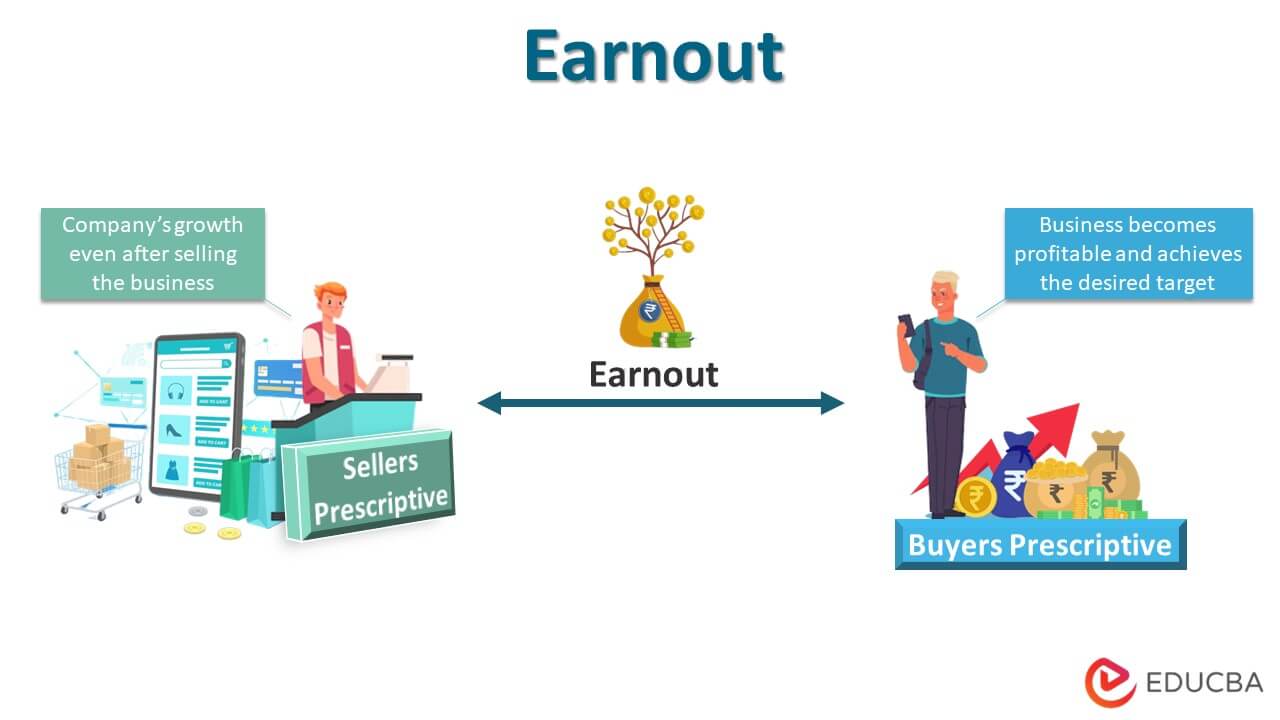Different forms of electronic communication result in different levels of discretion and candor–for better or worse. Therefore, employees should be trained to properly communicate to avoid ticking timebombs in litigation.
Is Documentation Required?
This is a fundamental question that should be ingrained into employees’ heads because every thought need not be shared in writing. This is particularly true because electronic communications are:
- Casual
- Spontaneous
- Easily shared internally and externally (which may include inadvertently attachments)
- Not necessarily confidential
- Reactive responses that often express frustration or anger
- Combined with jokes, GIFs, or other visual elements that are far worse than the words that were written
And let’s not forget something that has driven us all crazy since the dawn of emails: the “reply all”.
Things to Never Write
Employees need to be reminded that there are certain things that should never be written to a fellow employee. You should with HR to learn whether you can monitor internal communications for certain sayings such as
- Can you believe what __________ did?
- Keep this to yourself
- Don’t tell _________
- This will kill us
- Who cares what the contract says?
Deleting Documents
The cliche is true: the cover-up is what often kills you, not the crime. Therefore, a company’s decision to maintain–and consistently implement– a document destruction policy should be strongly considered.
These are only a few examples of communications related issues that need to be considered and addressed with employees.
David Seidman is the principal and founder of Seidman Law Group, LLC. He serves as outside general counsel for companies, which requires him to consider a diverse range of corporate, dispute resolution and avoidance, contract drafting and negotiation, and other issues. In particular, he has a significant amount of experience in hospitality law by representing third party management companies, owners, and developers.
He can be reached at david@seidmanlawgroup.com or 312-399-7390.
This blog post is not legal advice. Please consult an experienced attorney to assist with your legal issues.
Photo: “Email” by Nick Youngson CC BY-SA 3.0 Pix4free














